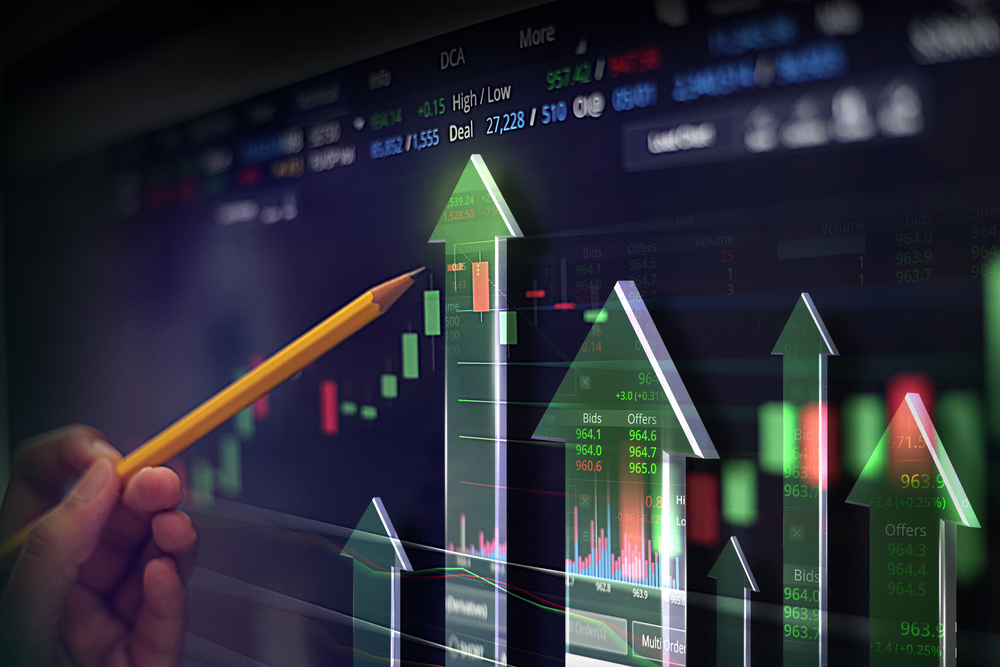Experienced Investor
UK company dividends soar 39% in Q2

UK listed companies paid out £37bn in shareholder dividends between April and June, up 38.6% from the same period last year, with mining stocks accounting for almost a quarter of all payouts.
Link Group’s quarterly UK dividend monitor showed much of the overall rise in income paid to shareholders was through one-off special dividends, which are unlikely to repeat.
However, the analysis also showed underlying dividend payments were healthy, up 27% to £32bn in the second quarter, boosted by the weak pound.
It was the second largest quarterly total on record, for both headline and underlying figures, just shy of the all-time record reached in Q2 2019.
Mining dividends contributed almost a quarter of the headline total, rising 37% year-on-year on a headline basis, but Ian Stokes, managing director of corporate markets UK and Europe at Link, said payouts from the sector have “quite likely now peaked”.
Oil companies are growing their payouts swiftly, though less than the increase in energy prices would permit as share buybacks provide companies an alternative route to funnel surplus capital to shareholders. They rose 41% in the second quarter but are still at half their Q2 2019 peak.
Housebuilders, industrial goods, media, travel, and general financials all had a very good second quarter, thanks to good profit growth and dividend payments resuming after the pandemic.
A two thirds increase in banking dividends mainly reflected the release of Bank of England constraints on payouts, said Stokes, adding that the group expects banks to regain their position as the third largest dividend-paying sector this year for the first time since 2019.
“Mining payouts are closely linked to the cyclical fluctuations in mining profits and tend to rise and fall much more over that cycle than dividends from other industries,” he said.
“Concerns over global growth have pushed commodity prices sharply lower in recent weeks, though they remain high in historic terms and the sector has confounded expectations more than once before, bending their stated dividend policies at important moments.
“But if mining dividends have indeed now peaked, they will act as a brake on UK dividend growth in the next 12 months having provided the main engine over the past 24.”
Exchange rate boost
Link’s analysis also showed that in the second quarter, two fifths of total dividends paid were denominated in US dollars, generating an exchange rate boost of £1.4bn to their sterling value. For the full year, the pound’s weakness is set to add £3.5bn to £4.5bn to the total.
Stokes said: “The weakness of the pound is proving a key swing factor this year. If it maintains its current level for the rest of the year, sterling is set to have its worst ever year against the dollar. The translated value of dollar dividends is therefore getting a very big boost.”
UK equity dividend growth in the second quarter followed a record performance for investment trust dividends, which rose 15.4% to a record £5.5bn in the 12 months to the end of March 2022.
But Stokes warned that economic headwinds will strengthen into next year. “The easy post-pandemic catch-up effects are soon to wash entirely out of the figures, and an economic recession will crimp the ability and willingness of many companies to grow dividends,” he said.
The downbeat forecast is already affecting investor confidence, according to Emma Wall, head of investment analysis and research at Hargreaves Lansdown, who said the investment platform polled its customers this month and found rising inflation, political uncertainty and growing concerns about a global recession were weighing heavily on their outlooks.
Wall said: “Across the globe, central banks are raising interest rates in a bid to stem inflation – but with so much out of policy committees’ control, the immediate outlook remains bleak. The war in Ukraine continues to dominate prices, markets and the economic outlook.
“Global investors have responded by selling out of equity funds, instead looking to lower-risk assets. Among the most bought funds on the Hargreaves Lansdown platform this month have been both money market funds, and multi-asset funds invested for capital preservation, such as Troy Trojan, and the Personal Assets investment trust.”